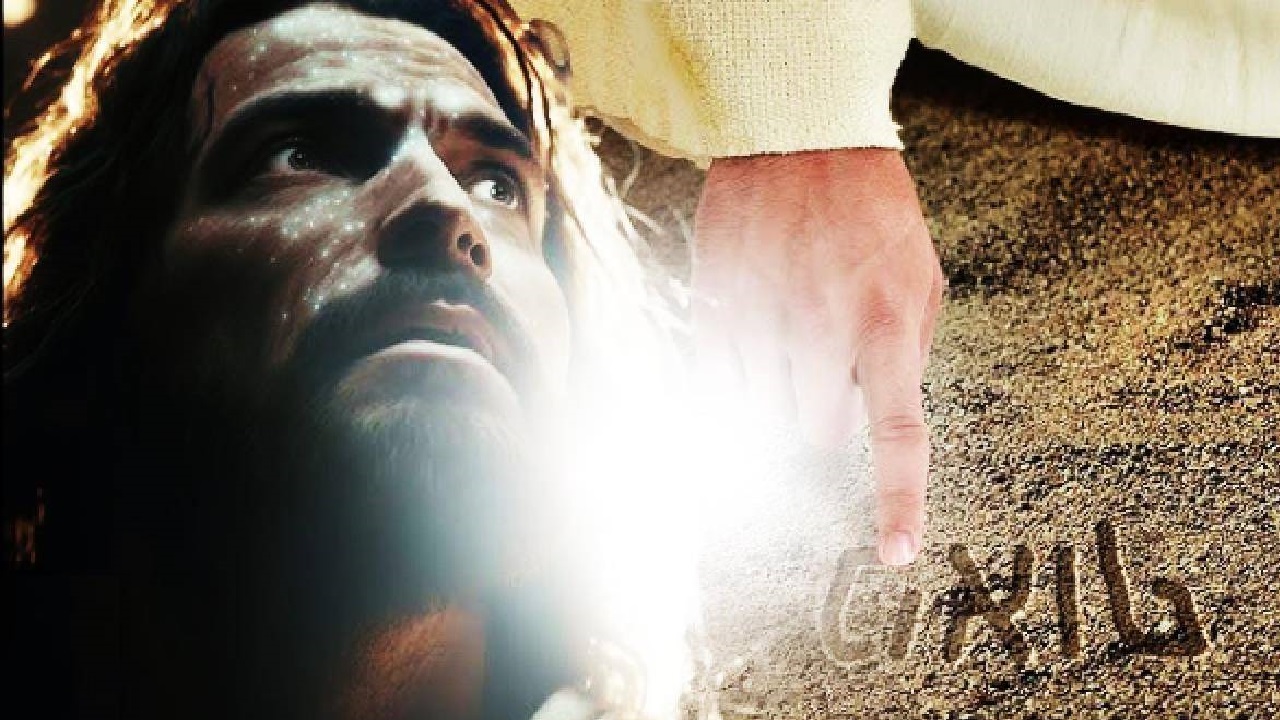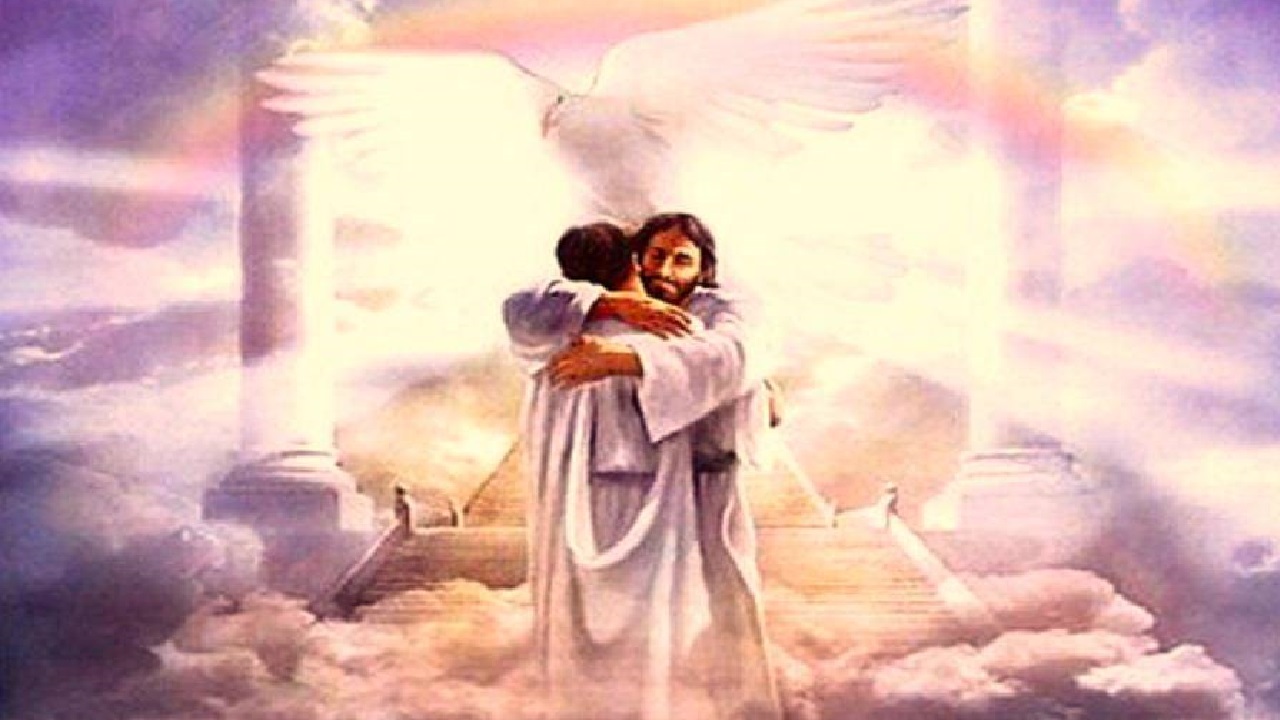The historical Jesus and the theological Christ, Joseph Estlin Carpenter, 1912, p 76f.
The Hebrew view of the world was essentially dramatic. It was under the government of persons; it was the scene in which powers of good and evil clashed. Unlike the Greek conceptions of a ruling Mind, expressing itself through a scientific order….The idea of law in nature was certainly not wanting to the thinkers of Israel, as the Wisdom literature abundantly proves. But their fundamental interpretation of history, under the influence of a passionate nationalism, demanded the accomplishment of a purpose, the fulfillment of a promise.
First, the seed of Abraham must inherit the land; at a later stage it must become the teacher of the nations, the revealer of God to the whole world. Whatever forces opposed it must be overcome; the victory of good was assured; the vicissitudes of conquest and defeat might endure for a while, but there was an inner meaning within them which must be realized.
So great an event would shatter the existing order. It would involve the entry of fresh forces into the world of earth and sky, which would be reshaped to become the scene of the divine presence, the sphere of God’s rule. The approach of the kingdom, accordingly, denoted the speedy manifestation of powers hitherto held in reserve.
The warning cry of the Baptist, ‘It is at hand,’ announced that the crisis so long awaited would be delayed no more. In vivid figures he described the judgment as in actual process. The axe of the woodman was laid already at the root of the trees; the gigantic harvester would soon march through the earth, winnowing fan in hand, ready to gamer the wheat and bum up the chaff in quenchless flame. To this appeal Jesus responds. Alone, it would seem, among the Baptist’s hearers, he must carry forth the same message….Soon would the great banquet be spread; Abraham, Isaac, Jacob, would take their seats and summon the guests; who would be ready to attend the feast? A note of urgency runs through the speaker’s words. Much of his language is addressed to those who have already given up all home-ties to follow him. The time is short: there is so much to be done…
So near is the great event that at his last meal with the apostles, to whom (according to Mat. 19. 28) he has already promised twelve thrones for judging the twelve tribes of Israel, he makes a rendezvous with them to drink new wine together in the kingdom where they shall be the honored companions at his table. The national element here unexpectedly breaks through. It is of rare occurrence in his teaching. The pictures which Jewish hope delighted to hang in its chambers of imagery had no charm for him. The overthrow of foreign tyrannies, nations submissive beneath Israel’s rule, tributes and gifts of kings, Jerusalem exalted in splendor, the land miraculously fertile, mothers giving birth without pain, the saints reigning in Palestine. [The] scene would be on earth, though an earth restored to paradisal innocence; it would involve an immense transformation of the existing order.
A convert who repeated the sacred confession of the Divine Unity beginning “Hear, O Israel, the Lord thy God, the Lord is one” (Deut. 6. 4-9), was said to “take upon himself the yoke of the kingdom.” Why, it was asked, did this precede the second passage selected as its sequel, Deut. 11.13-21, with its promises to the obedient and its warnings to the disloyal? “In order,” was the answer, “that a man may first take on himself the yoke of the kingdom, and afterwards the yoke of the commandments.”
The day and the hour of this crisis are unknown; that secret is reserved for God alone. But its arrival in the immediate future is declared with the utmost clearness, in language common to all three Evangelists {Mark 13. 13-31; Matt. 24.34-35; Luke 21.32-33).




